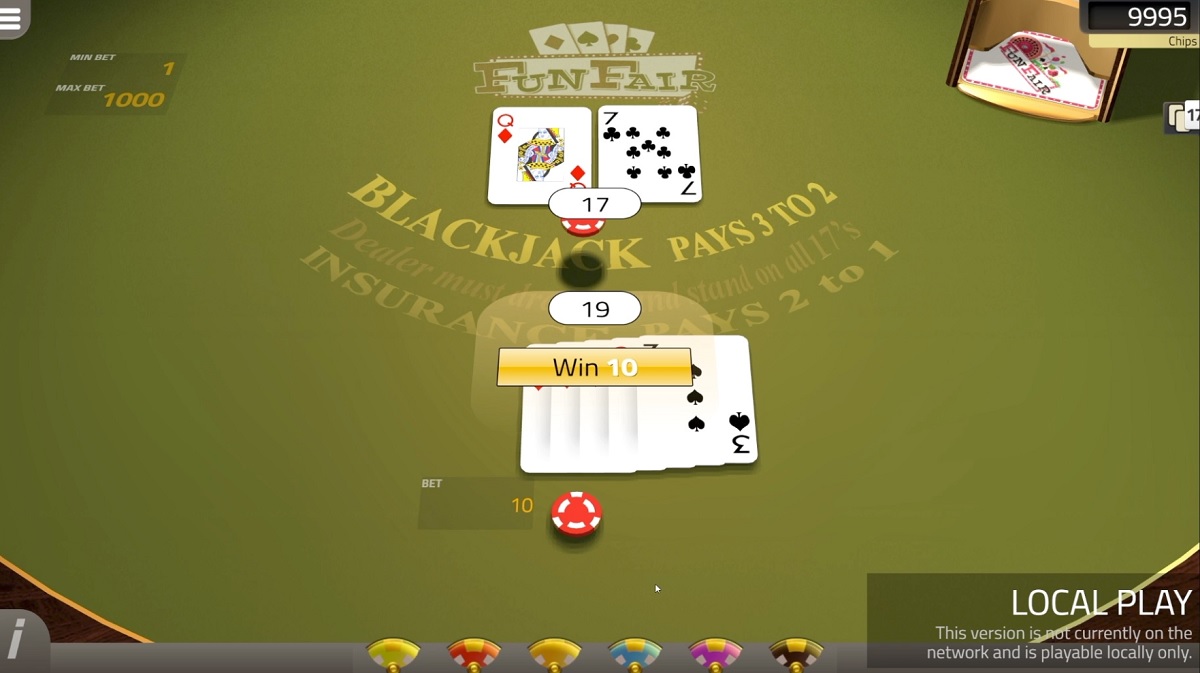Jez San has been a pioneer in games, online gambling, and crytocurrency. And his latest startup, FunFair, allows him to combine all of those passions at once.
San believes the future of games and online gambling lies in Ethereum, a cryptocurrency that distributes itself across many computers in what is called a blockchain. Similar to Bitcoin, Ethereum has become a hot platform for secure and transparent trading. But Ethereum is different from Bitcoin because you can build software programs (dubbed Smart Contracts) on top of it, and San’s new company uses Smart Contracts to build online casino games on top of Ethereum.

Unlock premium content and VIP community perks with GB M A X!
Join now to enjoy our free and premium membership perks.
![]()

![]()